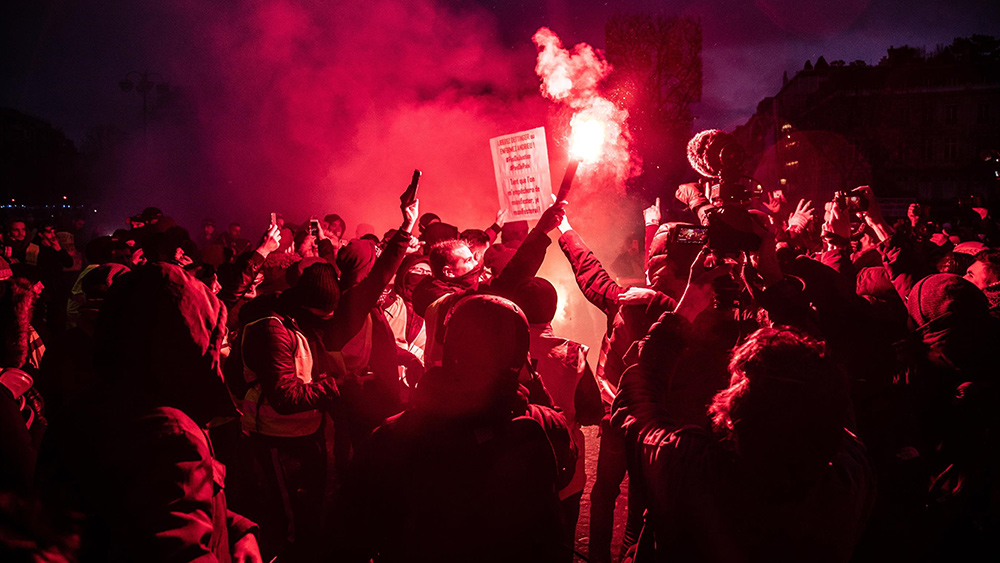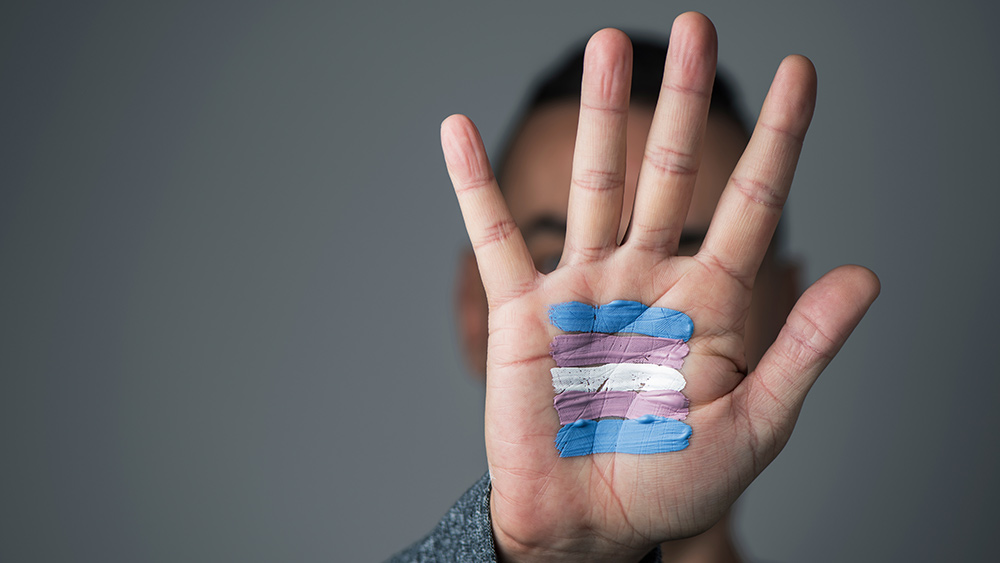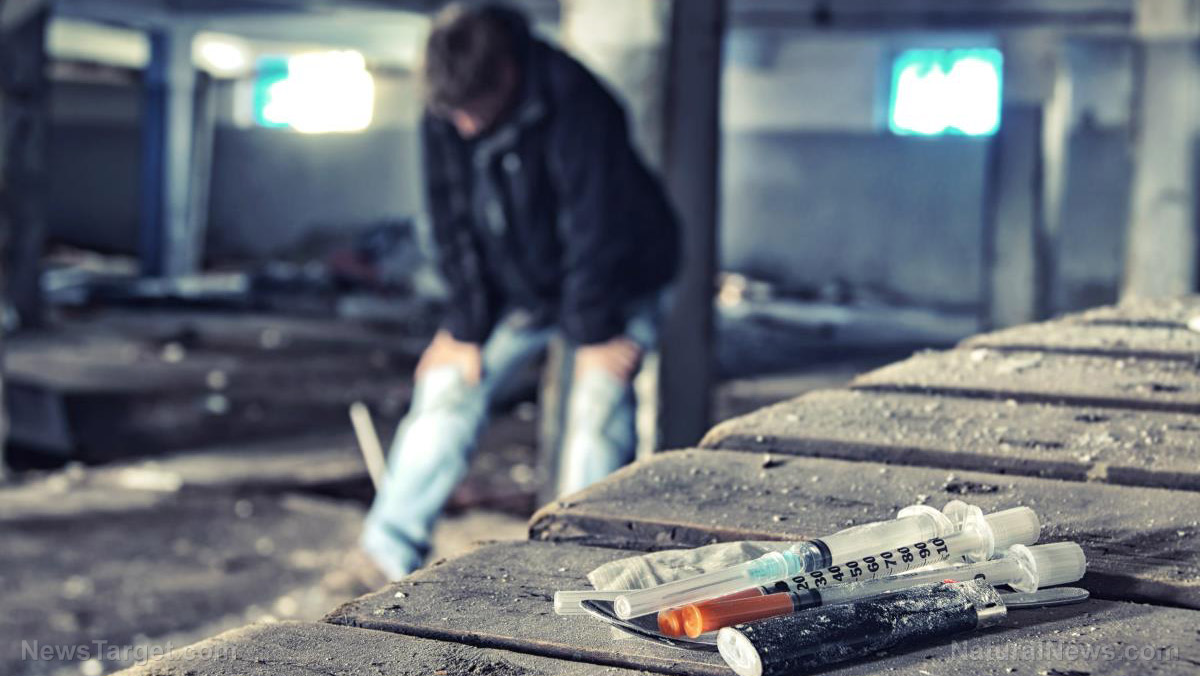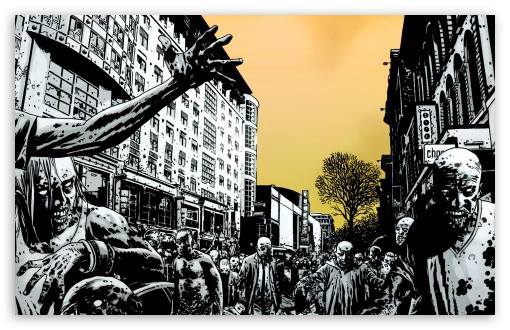
The city of Minneapolis, the epicenter of the nationwide wave of engineered rioting and civil unrest, is seeking a disaster declaration from the federal government. The city is asking the declaration to come from the United States Small Business Administration (SBA). This would allow the SBA to make available their low-interest economic injury and property damage loans for many of the city's small businesses that were caught in the crossfire of the riots.
The plea for aid was made by the city of Minneapolis in partnership with Hennepin County and the state government of Minnesota. The city is further asking for help from small businesses, as they need to conduct a survey of the extent of the damage before their plea for a disaster declaration can be approved.
“We are seeking additional information from business owners and property owners who sustained building damage, e.g. fire damage, or business loss, e.g. damaged inventory, and do not expect losses to be fully covered by insurance (40 percent or more uninsured loss),” wrote the city officials.
Listen to this episode of the Health Ranger Report, a podcast by Mike Adams, the Health Ranger, as he talks about how Americans need to prepare for at least four more months of completely insane chaos as the country's radical Left continues to try ousting President Donald Trump at any cost.
Over 1,500 buildings in Twin Cities region damaged by the rioting
Surveys done in the aftermath of the rioting in the Twin Cities region – the metropolitan area that includes both Minneapolis and neighboring Saint Paul – showed that more than 1,500 buildings were either vandalized, looted, damaged or destroyed. One map released by city officials, which only shows around 700 affected buildings, said that 12 structures were totally destroyed by the rioting and that many of those had multiple businesses within them.
Most of the damaged buildings are along a five-mile stretch of Lake Street in southern Minneapolis and a 3.5 mile stretch of University Avenue in Saint Paul's Hamline Midway neighborhood. (Related: “It's mass destruction”: Another Minnesota man charged with participating in the destruction of Minneapolis Police Department's 3rd Precinct.)
Furthermore, city officials said that much of the worst damage was done in minority communities, which have already been hit hard by the economic and health impact of the Wuhan coronavirus (COVID-19) pandemic.
Initial estimates of the cost of the damage in Minneapolis alone is around $100 million, but other sources have reported that the price could be as high as $500 million.
Minnesota legislature proposing bills to help Minneapolis rebuild
While Minneapolis is looking for funding aid from the federal government, the state legislature of Minnesota has stepped up to provide the city with other options. The Minnesota House of Representatives, held by the Democratic-Farmer-Labor Party (the Democratic Party's far-left-wing affiliate party in Minnesota), has proposed providing $300 million to help businesses rebuild and recover from the civil unrest under a bill known as the PROMISE ACT.
If passed by the Republican-held Senate, the PROMISE Act would eliminate the sales tax on the purchase of construction materials for rebuilding damaged or destroyed properties, provide sales and property tax cuts and help small businesses in the “rising cost of leases” for some properties.
“We must take immediate action to support and rebuild our wounded communities. These commercial hubs are the lifeblood of our minority and immigrant communities,” said Hodan Hassan, a Democrat congressman from Minneapolis.
State Sen. Eric Pratt, a Republican from Prior Lake, introduced his own version of a relief bill which would allow $200 million to be used to directly aid local businesses. This, he argues, is similar to how the state spends relief money during natural disasters.
While local businesses are still trying to determine the extent of the damage to their property and how much their insurance policies will cover, Pratt argues that the state needs “to figure out a way to get some funding to these folks right away, not funding to set up a whole bureaucracy to see how it will work later.”
The rioting may have died down, but it has not ended. Keep up with the latest news about the civil unrest in the United States at Rioting.news.
Sources include:
Please contact us for more information.




















